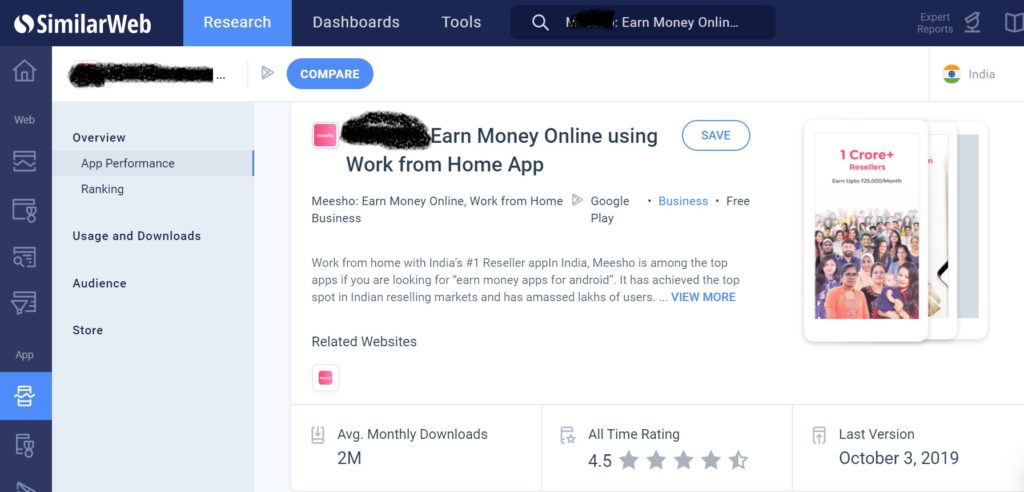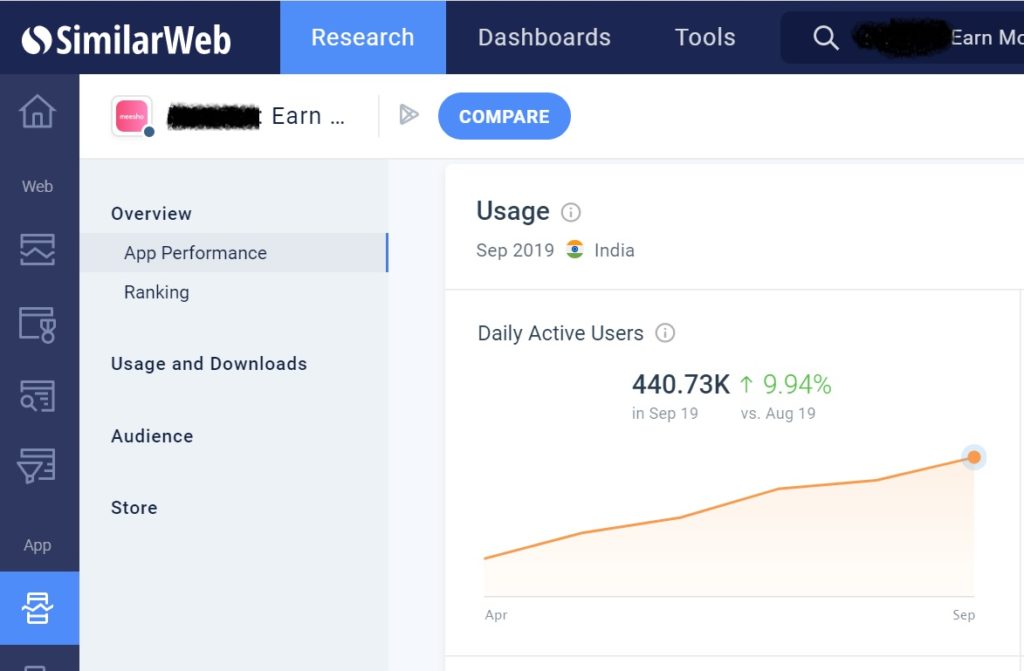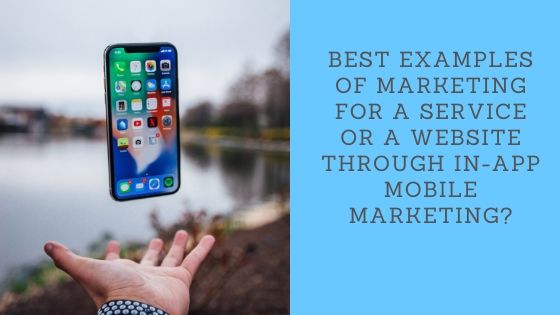Your app is live and is on the market. You have good downloads and a good number of DAU (daily active users).


What will be your next step to engage with the user base to drive revenue?
Read on for a deep dive into in-app mobile marketing strategies, tips and examples for developing your own unique approach to generating more revenue.
What is in-app mobile marketing?
The term “In-app mobile marketing” refers to the form of marketing campaign that is deployed in a mobile application. In this article, I’ll be discussing how to connect with your existing users that have already installed your app and have started their first session.
This includes a number of in-app mobile communication tactics designed to drive revenue, such as:
- Promote goods for in-app purchases
- Incentivizing social shares attracting more installs
- Fostering engagement with rewarded ad placements
- Encouraging interest in loyalty programs
- Informing active users of new features in the latest update
While your own in-app mobile marketing strategies will vary based on your specific app format, what’s important is making everything easily accessible for your users and keeping your messaging fresh. The results are worth it.
Mobile Marketing Data
According to Forrester Research, almost half of consumers do not seem to be respecting in-application ads, and 43 percent think that they interrupt the user experience.
Do not mess up user experience in mobile marketing in-app promotions
It is important for marketers to understand their target audience so that they don’t end up messing user experience.
Marketing should be smart if you are considering in-app marketing.
Examples of in-app mobile marketing
For example: when users of a fitness app finish a run, they receive an ad for Propel Zero powder accompanied by congratulatory text.
Another example: Zumobi created an integrated, content-based ad experience for Chevrolet within the Motor Trend app.
The branded loading screen appears, followed by an expandable Chevy ad.
If consumers clicked on the ad, it brought the user to Chevy’s six-part technology series that provided information about the car.
The campaign saw an 11.2 percent click-through rate and 37 percent engagement with the series.
Consumption of mobile app is at an all-time high. Mobile in-app marketing will maintain its relevancy going into 2020.
In-app marketing is apt for cross-promotions, retaining user database and increasing engagement with the mobile app.
Furthermore, in-app marketing is the best way to collect customer feedback which is important for a good marketing strategy.
Finally, mobile marketing is gonna grow up in the coming years and it is important to know and understand the target audience and instead of just marketers, we should be smart marketers.

